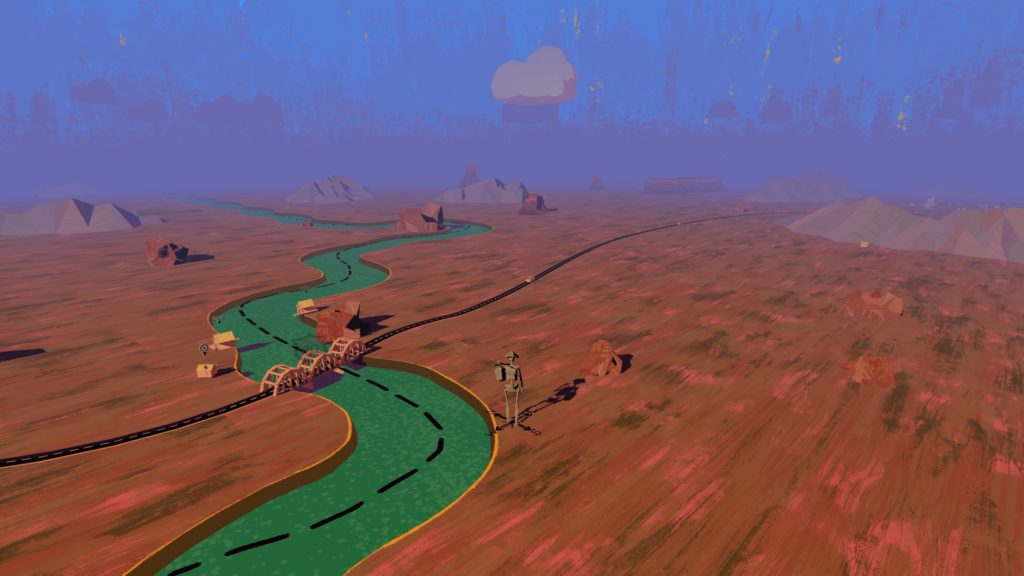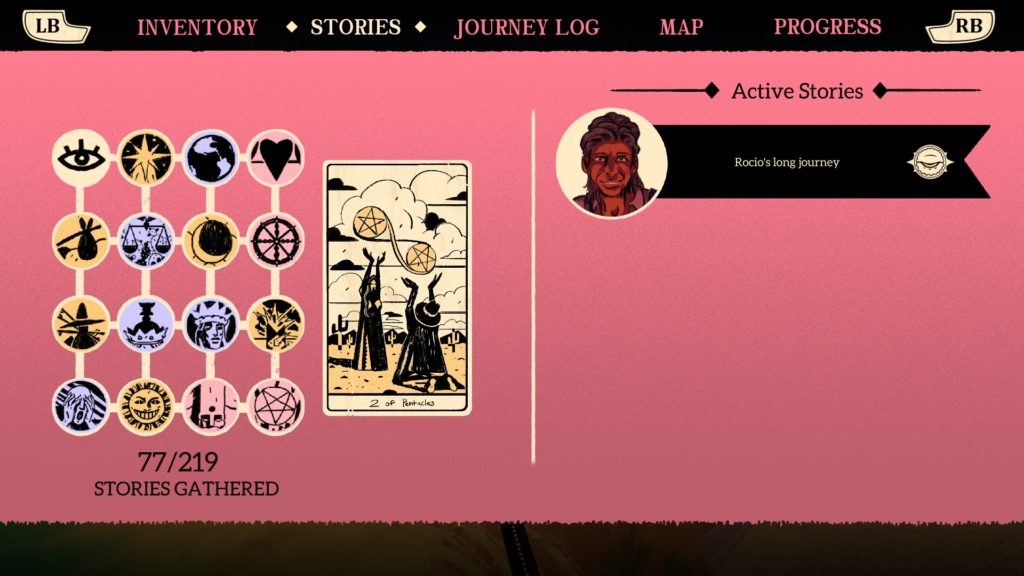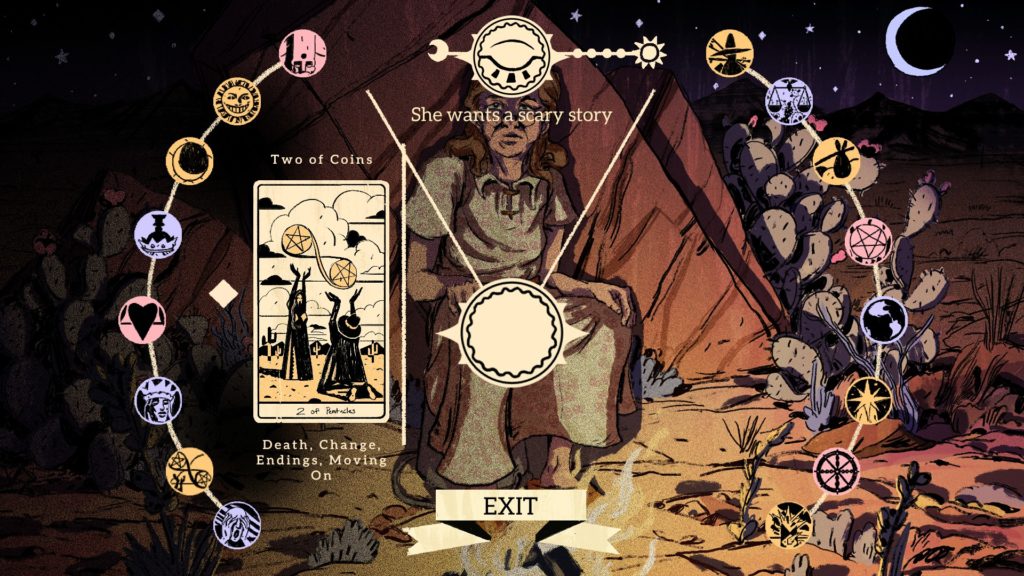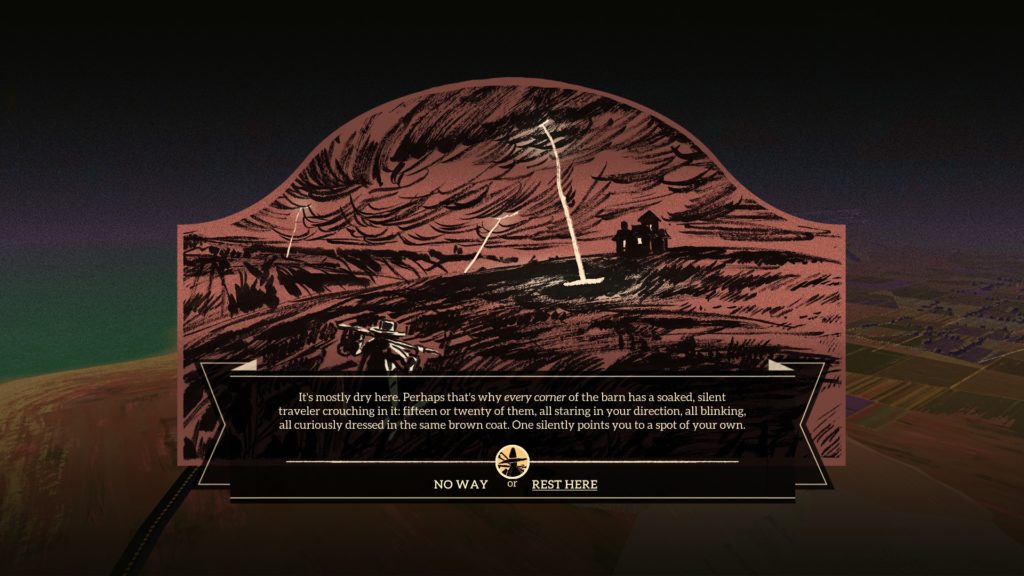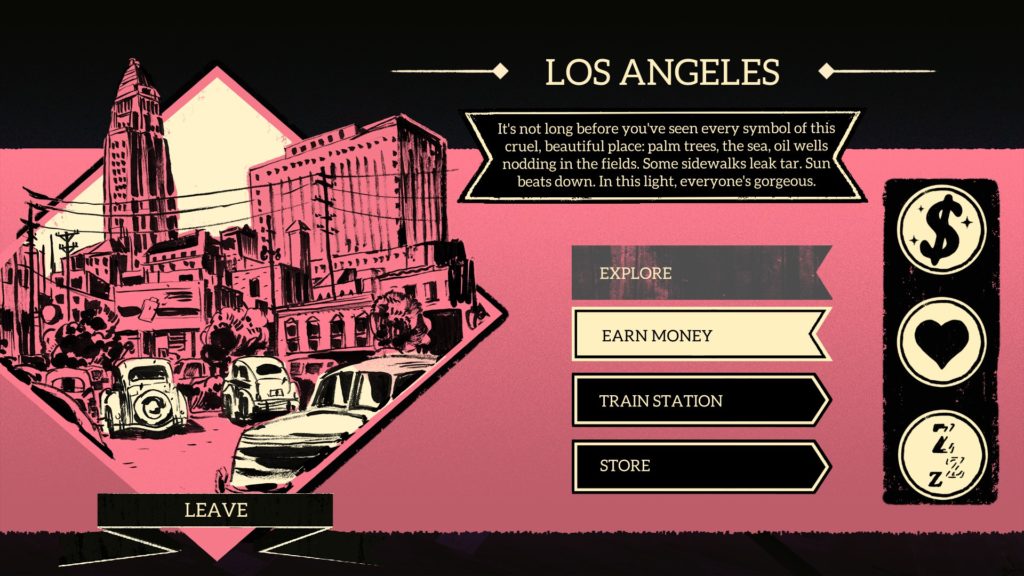In the south east corner of South Dakota sits a dwindling town called Wakonda. I wonder what the town is like these days. In my mind, in my memory, it is an echo, a ghost of days long gone. Wakonda no longer has a presence in my life but it played a major role in my childhood.
When I was kid my paternal grandparents owned a bar in Wakonda. It was called the Sundown Lounge. My brother (half-brother, same dad) and I would visit our dad every other weekend and we would usually go visit our grandparents at the bar. If we visited in the morning it would be just us in the bar and my grandma would make us breakfast. If we visited at night we’d be treated to the usual bar crowd, second hand smoke (this was before smoking bans), and the country music juke box.
It was best visiting the bar at night. Our grandparents would serve us chicken drummies, my favorite. I developed this habit of chewing through the bones. I was told to stop that because it’s bad for your teeth. There was this large rack that hung above the bar where various bags of chips and snack mixes would hang. As a real treat, after climbing up on the barstool with all four limbs, our grandpa would let us pick a bag to have. I always choose Gardetto’s.
The Sundown Lounge also had a pinball machine and pool table. My brother and I would grab a stool for the pinball machine. If it was a slow night, sometimes our grandpa would drop the balls in the pool table so we could just hit the balls around.
My brother and I could entertain ourselves the entire night in the Sundown Lounge. Never mind the fact children have no business being in a smoke filled bar. Never mind the fact the only reason we were there was so our dad could feed his alcoholism. Never mind the fact our grandparents had to watch over us because our dad’s addiction wouldn’t let him. Never mind the fact our dad would often drink and drive. Never mind, one night, he hit a pothole and lost control of the car, crashing through a fence and into a ditch. Where we had to spend the night at a stranger’s home in the middle of nowhere, while he spent the night in jail.
But the Sundown Lounge wasn’t the only thing for me in Wakonda. Just outside its doors was an entire town of memories.
My maternal great grandmother also lived in Wakonda. She was a stern old religious woman who lost her husband young. She also lived through burying two of her children, one to multiple sclerosis (my maternal grandpa) and another to cancer. But before she had to bury her children and before she passed herself there were the Fourth of Julys.
Every Fourth of July we would gather behind my great grandmother’s house and we would set off fireworks under the night sky. I miss that view, never take for granted a night sky untouched by city lights. My mom’s friends would come along with their own children. My childhood friends. It was an event filled with shenanigans and Midwestern summer foods. We’d run around the summer night setting off fireworks, throwing snappers and doodling in the air with sparklers. And the night ended with my great grandmother setting off a roman candle.
There was this kid that lived next door to my great grandma and sometimes when we were visiting my great grandma I’d hang out with him. We’d mostly play video games, I remember playing some wrestling games. But we also got really intense about trying to solve the puzzles in The Neverhood. Scribbled notes all over the place.
My dad lived in Wakonda for a little bit, giving me a chance to make more friends there when I visited. We played Pokémon cards and Pokémon Stadium. We would run around on summer days getting up to all kinds of trouble. Going to the pool. Getting yelled at by the life guard. I think that was the first time I jumped off a diving board. My dad got a dog named Jack. He was some sort Great Dane mix I think. He was this lovable energetic dog that didn’t like old people because his previous owner was an abusive old man. I tried to bike alongside him with his leash attached to my bike. After the one time I did that, I thought maybe that wasn’t the greatest idea. He ran really fast.
My dad was never much of a hands on parent. I know he loved my brother and I but the truly nice moments between us were few and far between. One weekend it was just him and I. He had to take me back to my mom’s. We got up early in the morning. And it was a perfect spring morning. The temperature was just right, a nice cool crisp morning but not cold enough to need a jacket. That intoxicating dew smell hung in the air as the sun slowly rose to the songs of the birds. The drive was peaceful and quite. It was just nice.
But why am I here? Why am I in Wakonda? It’s because it’s a nostalgic escape. Buried in my mind is this landscape of memories, from before the boundless optimism that can only exist in childhood faded. From before the cruelties of the world and the weight of lived experiences started to drag more and more on me. We should never lose the childhood wonder that drives us to make a better world. But with age it gets harder and harder. It’s this balancing act on a knife’s edge, oscillating between nihilism and trying to maintain hope.
It’s easy for me to get lost in the bitterness and cynicism. But I know there is kindness out there, kindness constantly trying to make the world a better place. I try to surround myself with kind people. The friends I choose are the ones that regardless of their life experiences are still kind. I believe in their limitless potential to make the world a better place wherever they go. They are my reminders to be kind. They are my reminders kindness always exists in the world and we should always be striving to make the world a better place however we can.
I have this sheet from kindergarten, it has prompts you’re supposed to fill out so others can get to know you better. Like “When I grow up I…will be a policeman” (that one hasn’t aged well), or “I hate to eat…peas” (I still don’t like peas). But at the very bottom of the sheet it says “One of the best things about me is…” to which I answered “I’m teaching people to be good.” It seems silly but I keep this sheet around as a reminder. A reminder of what it’s supposed to be about. People choose how to live their lives. Some choose to be cruel, others choose to be apathetic, and others choose to just survive. But we chose this! We chose that our mission in life should be to help people be good. Help make them better. Help make the world better. With no plan or inkling of how to do it! Is this an ambition only a child can have?
Eventually my grandparents sold the Sundown Lounge and shortly after it burnt down. Years later my grandma passed away and my grandpa now lives on a nice farm with my aunt. As the years went on those Fourth of July extravaganzas faded. My great grandmother buried her children and years later suffered a stroke. It’s not easy seeing the cognitive decline in someone that was always so sharp. Not long after she passed too. My dad eventually moved to a nearby city. Jack would be put down because my dad ended up in a place that didn’t allow pets and no one would adopt Jack. I miss him sometimes and I’ll always have a soft spot for big energetic dogs. As the years went on my relationship with my dad deteriorated because we would always end up fighting about his alcoholism. I haven’t spoken to him in years. My brother and I drifted apart as we became very different people. I never stayed in touch with any of the friends I had in Wakonda. So bit by bit my connections to Wakonda were severed until none were left. No reason to ever return. Now, for me, it only exists as a childhood memory.
I sit alone in the bar now. With a warm glass of beer as the light from the setting sun filters through the cheap colored window. It’s silent. I see my younger self run past on their way to play the pinball machine. They turn to look at me. What do I say? Do I say I’m sorry we weren’t always as kind as we should have been? Do I say I’m sorry we cut ourselves off from the world more than we should have? I’m sorry we didn’t do right by you. I’m sorry we failed to live in your spirit. What would my younger self say? Would they even care? Or would they say, the kind of child I was, say it’s okay? That it’s okay to forgive yourself. That it’s never too late to be better. It’s never too late to make the world better. It’s never too late to help teach people to be good. And like that they’re off to play pinball.
I need to leave now. I can’t stay here. It’s nice but it isn’t real, it’s only a memory. It does no good to stay here. It doesn’t hurt here, here in this blissful ignorant childhood. But there is real hurt out there in the world. Real pain we could ignore, real pain we could not care about. But that’s not what they chose. They chose for us so long ago, in the spirit of kindness, what we were going to do with our life. We were going to dig our hands into the messy world and try to make it better. On my way out I turn to look at my younger self one last time, watching them in their focused joy with that pinball machine. This time I’ll do better. This time I’ll make you proud.
